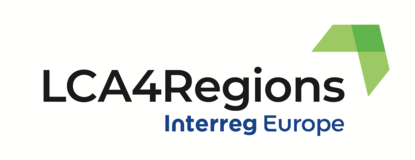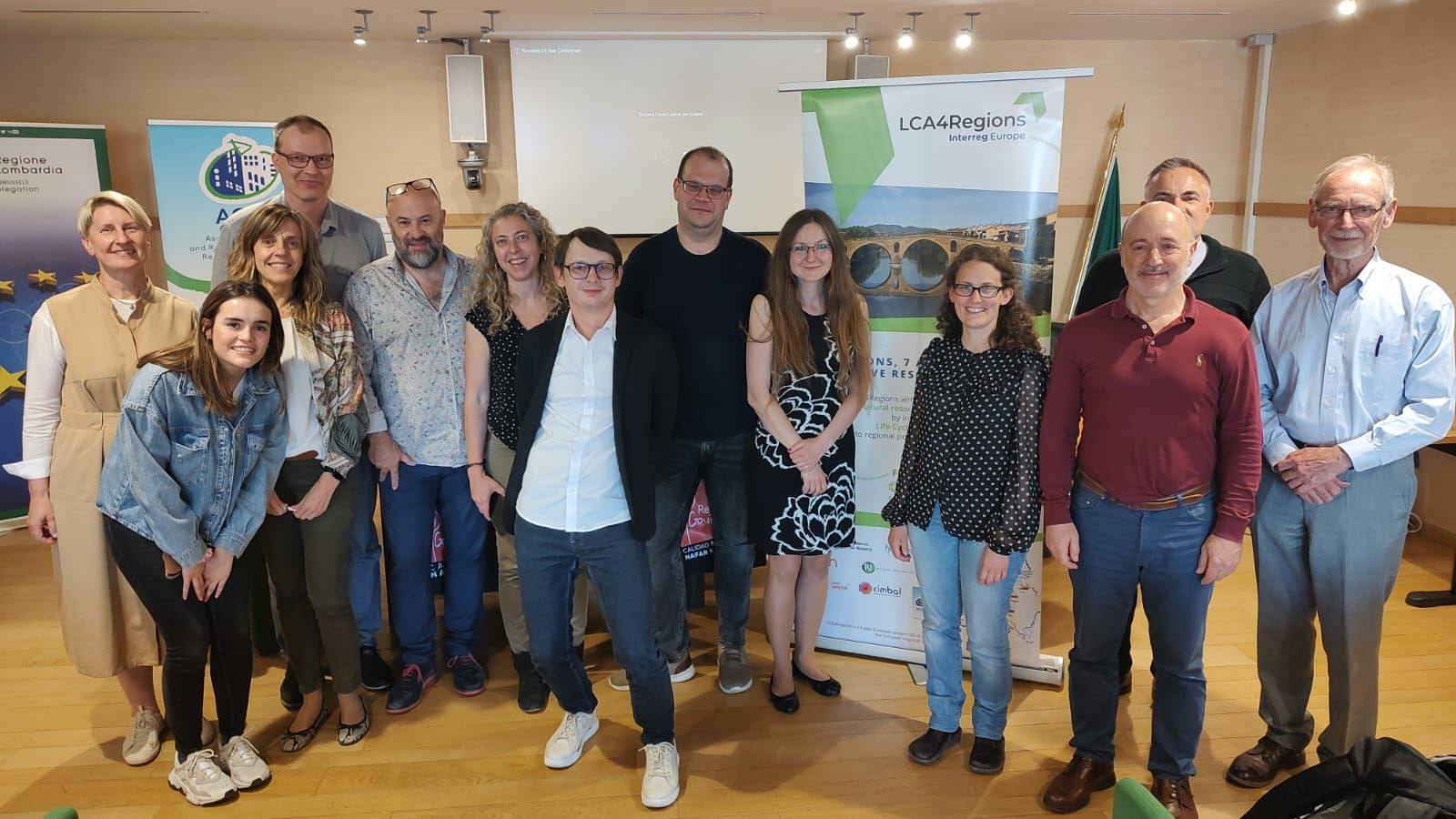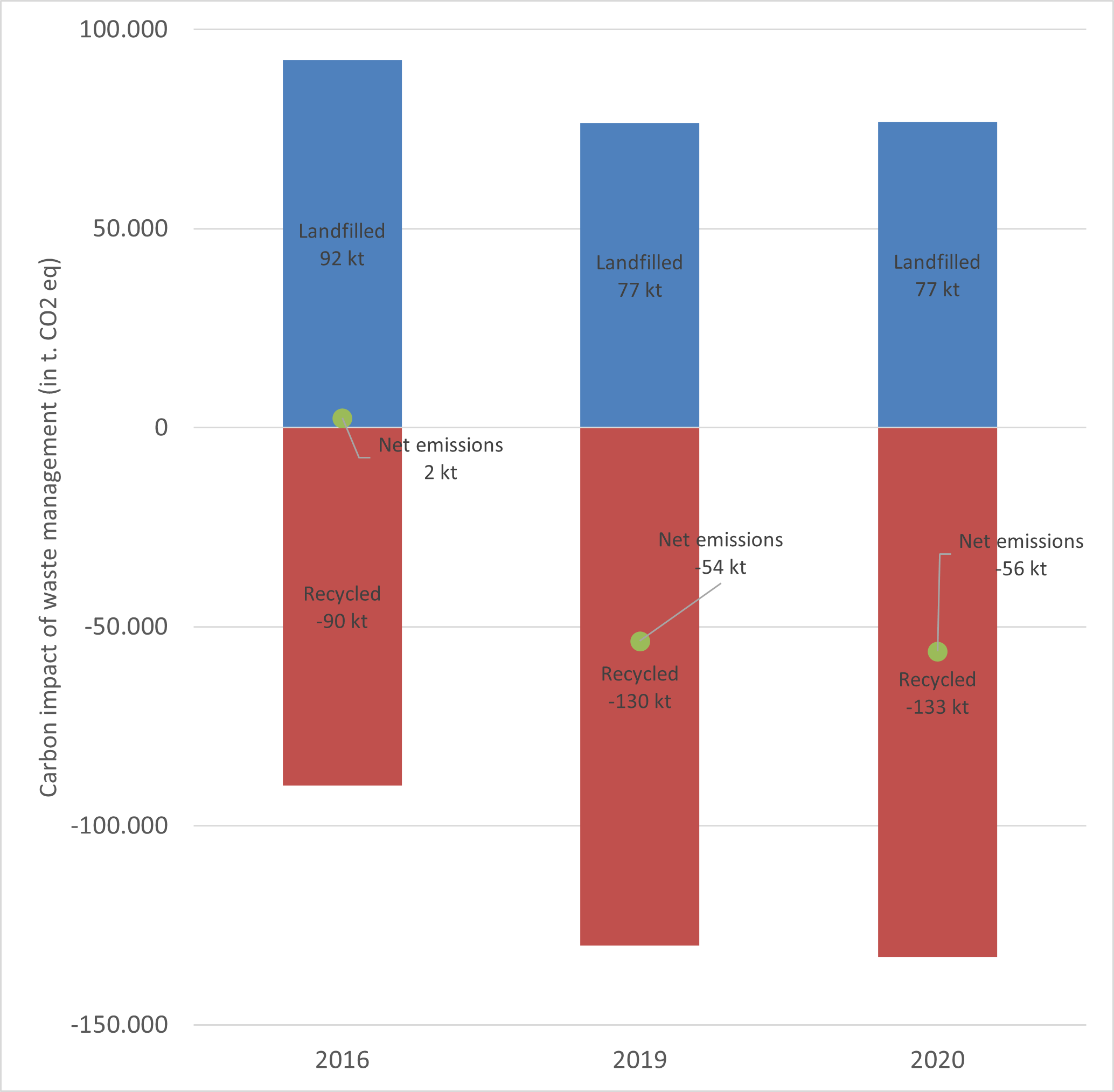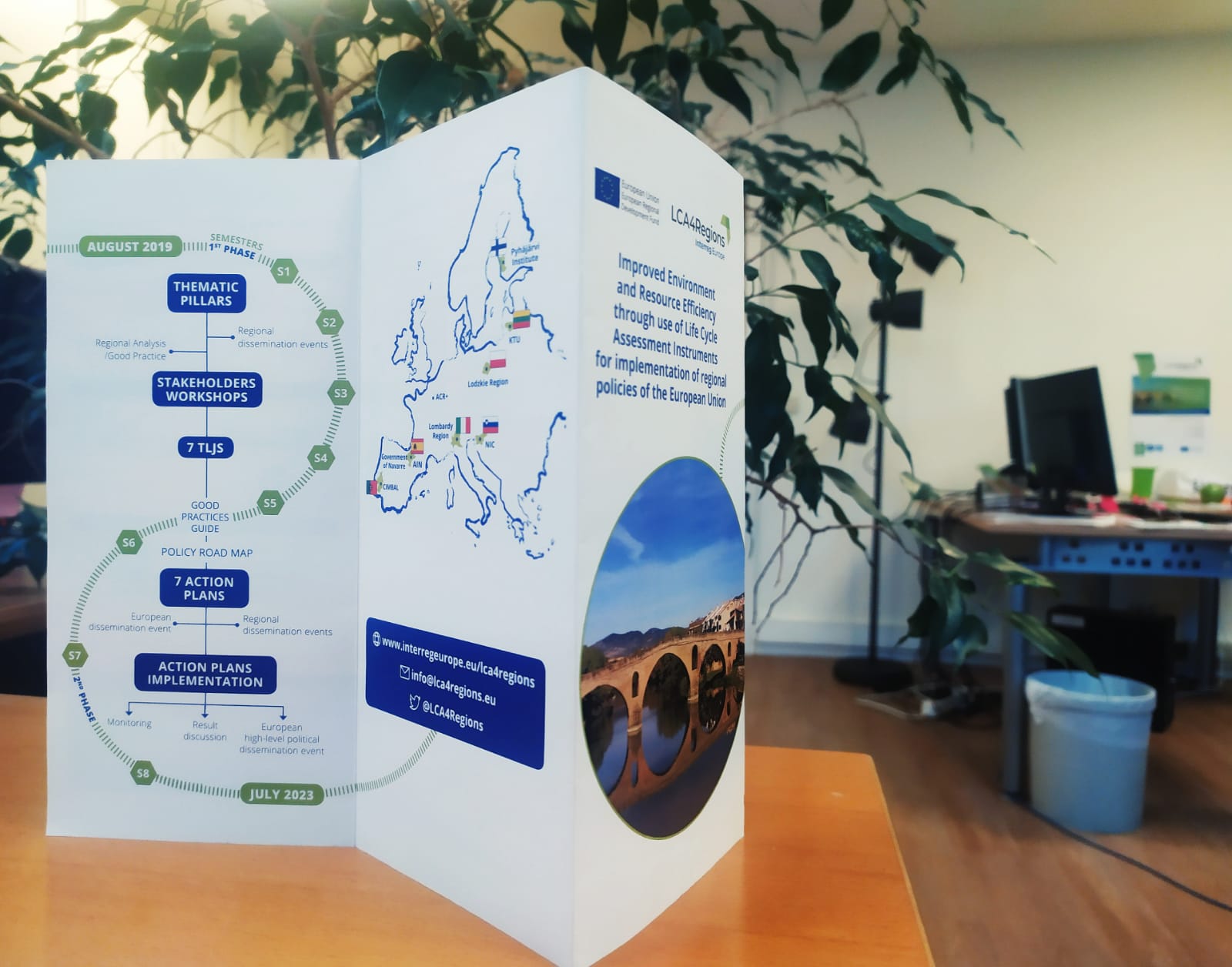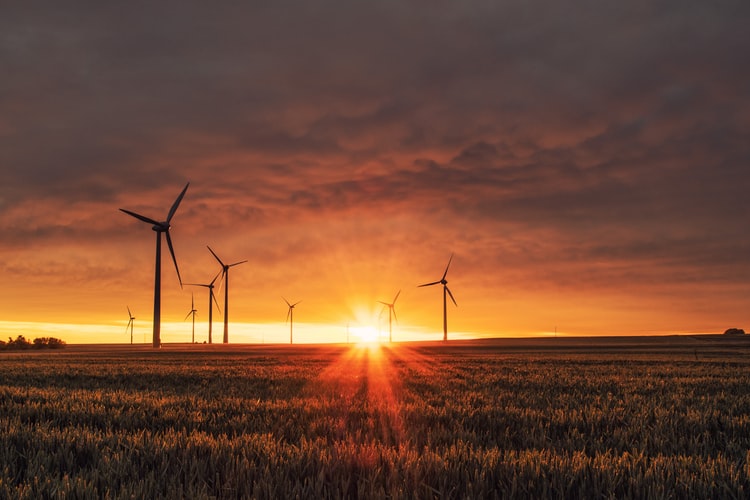For the third TLJ, study visits took the shape of case studies. Four organisations and companies gave overviews on their work with sustainability issues, research and development work towards improved governance and decision-making.
FORTUM WASTE SOLUTIONS LTD: Plastics hold value – views about circular economy of plastics
The presentation described as a case study the value chain of post-consumer plastic packaging waste recycling in Finland and views of an industrial operator.
LOIMI-HÄME WASTE MANAGEMENT LTD: Separate collection and recycling of waste – A company view
The presentation, made from a company perspective, offered an insight on various aspects of separate collection and recycling of waste. Life cycle assessment has been used to obtain information applied in the decision-making of waste collection systems. Views of the use and potential of the database of waste, Material market, was also given.
NATURAL RESOURCES INSTITUTE FINLAND: Nutrient calculator – tools for planning regional nutrient recycling in Finland and the Biomass Atlas
The presentations (Nutrient Calculator and Biomass Atlas) illustrated the collection and utilisation of biomass data for the creation of tools for nutrient availabilities and potentially to be used as a basis for life cycle assessments.
LUT UNIVERSITY: Environmental impact assessment of biodegradable waste treatment
The presentation dealt with using life cycle assessment in environmental impact assessment of biodegradable waste management. Examples include facility scale study (carbon footprint calculation conducted for recycled nutrients from a biodegradable treatment facility) and estimates of the environmental impacts of different manure treatment chains on a more wider system level.
A detailed description of these organisations is available in the Third Transnational Learning Document.
A review of TLJ3 case studies from a life cycle perspective by F. Balkau
The TLJ took us to fascinating case studies, backed up by extensive waste and environmental profiling. Options for confronting waste issues reflect among other things the socio-demographic politics in Finland, the complexities of a contemporary waste stream, waste producer habits and cooperation, and the technological options for dealing with the sustainability objectives the country has set itself. It will not be possible to simply transpose these regional solutions to other countries, but we can learn from the way they have handles certain opportunities and constraints.
Some key points can be highlighted:
- Finland has put great emphasis on separation at source and separate collection, followed by recycling into new products. Landfill has been greatly reduced;
- With efficient resource recovery and recycling, bio-waste assumes the biggest volume in cities, requiring a new set of policy options to deal with it;
- Sorting efficiency is still the biggest challenge for recovery of all waste streams;
- It is not clear whether separate collection or single-stream sorting and treatment is more effective, determined in part by the “system” built up for waste management;
- There is a policy contradiction between recycling and incineration (with energy recovery), each depending on a different policy “system” to increase efficiency;
- Policy frameworks depend greatly on which SDG objectives are adopted;
- It is necessary to provide adaptability towards the constantly changing waste stream;
- Additional factors such as management of the nutrient stream need to be confronted as sustainability objectives broaden;
- Data initiatives include a biomass atlas and a materials market to allow waste generators and waste recyclers to come closer together;
- In rural areas waste systems inevitably involve a high level of transport, itself a significant source of GHG;
- In a complex and dynamic system, the use of LCA techniques helps to throw light on the various policy options and technologies, nevertheless the results of such studies depend greatly on their scope and the sustainability parameters taken into account. Waste policy therefore is closely integrated into sustainability and economic policies generally;
- As in other countries, carbon footprint reductions often dominate policies, although in Finland land and agricultural issues are also important.
The case studies integrate life cycle approaches in different ways and to different degrees. Thus the transport component of waste options cannot be ignored, nor the fate of secondary wastes from recycling facilities. Waste reduction at source becomes a factor to consider once operational costs are integrated. Several of the case studies used formal LCA, others a more qualitative approach than nevertheless gave good consideration to upstream/downstream factors. Formal extended LCC was not observed, nor was there an attempt at social LCA. Waste and materials flows had obviously been studied in developing the operational systems, however there was no mention of a formal MFA.
